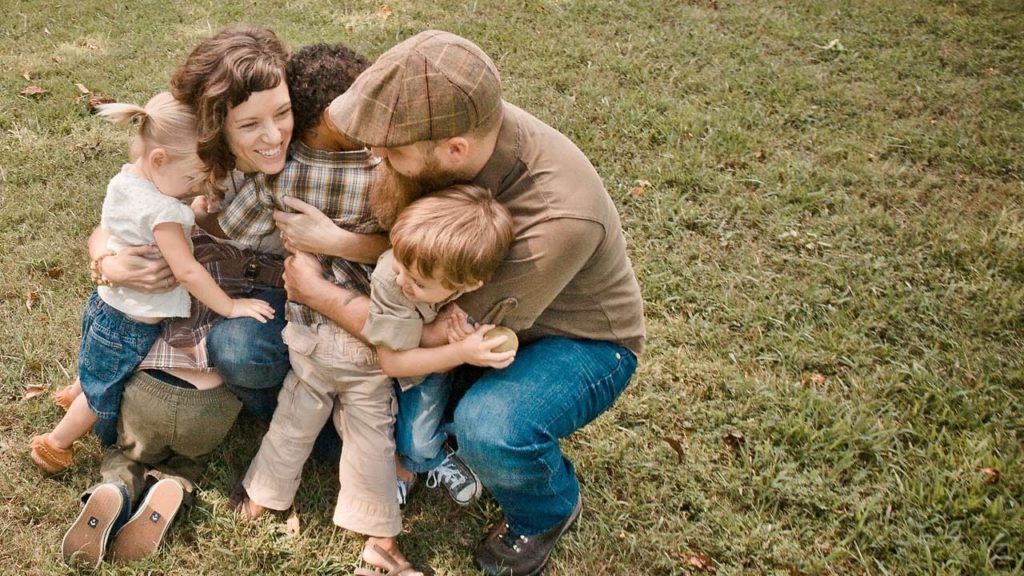
Raising Adopted Children
What is adoption?
When you adopt a child, you become the child’s legal parent and the child becomes a member of your family.
Your adopted child has the same rights as any biological child – for example, he has the right to inherit your property and he gets to take on your surname. The child’s extended family and biological parents give up all legal rights to and responsibilities for the child.
Benefits of adoption
When you adopt a child, you give that child a permanent family and home, along with a sense of identity, belonging and security. Adoption leads to better emotional well-being for children and better development, compared with the outcomes of children in temporary care arrangements.
Adopting a child also has benefits for your family and you. If you haven’t been able to have biological children, adoption gives you the chance to care for, raise and love a child as part of your family.
Talking about adoption with your child
It’s a good idea, as early as you can, to tell your child about his adoption. This way, he’ll have a strong sense of identity and understanding of who he is from a young age, so it won’t be a surprise to your child when he gets older.
Building a relationship with your adopted child
Good family relationships help all children feel loved and secure whether children are biological or adopted. In your family, you can build good relationships in the same way as all parents do – by working as a ‘family team’, showing your appreciation of each other, spending quality time with each other and communicating in positive ways.

But you are in a special situation as an adoptive parent. There might be times when you feel you have to work harder on your relationship with your adopted child – for example, if or when your child wants to know about his biological origins. At times like this, keep in mind that the experience of raising a child and being a parent is more important than the way you became a parent.
Here are some tips for building your relationship with your adopted child:
Be sensitive and patient to your child’s emotions. It’s normal for children to feel all kinds of emotions about their adoption, and being aware of this can help you understand and manage these emotions.
Reassure your child that you care for and love him very much and that he’s a valued and permanent member of your family.
If your child was adopted from overseas, take the time to learn about your child’s country of birth so that you can talk to him about it and answer any questions he might have.
Talk and listen to your child about his adoption. Your child is likely to have lots of questions about the adoption, so be honest and open and answer questions in an age-appropriate way.
Most parents and their adopted children can form secure and strong attachments. Attachment helps your adopted child’s emotional, cognitive and social development, and builds the foundation for good coping skills, as well as a sense of safety and security.
